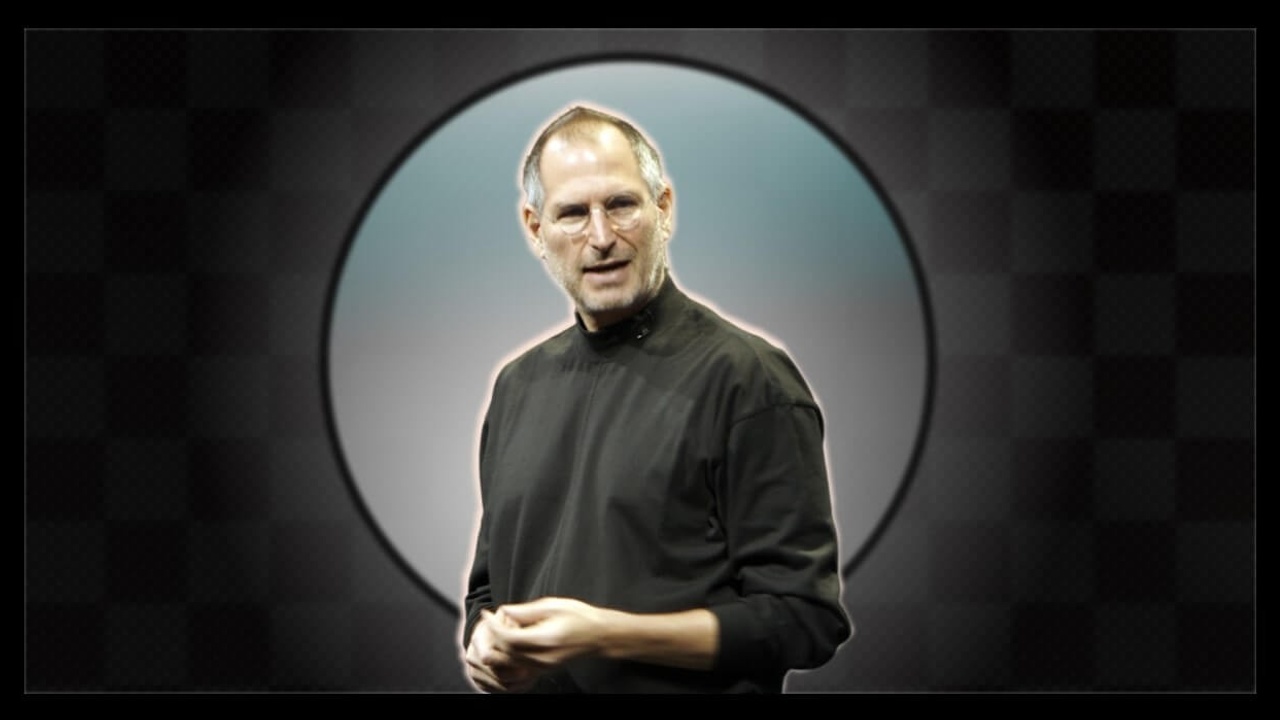The Mistake That Cost Steve Jobs $31.6bn — Pride Above Reason
Jan 11, 2021
Prepare the world’s smallest violin.
When Steve Jobs died he was worth only $10.4bn and only $2.2bn was Apple stock. The man many consider the greatest entrepreneur of all time wouldn’t have even made it to the global top 50 rich list.
Remember in 2011, Apple was the darling of Silicon Valley and had become the most valuable company in the world. Microsoft seemed a million miles behind as they worked on the disaster of Windows 8. Yet Bill Gates sat on a mountain of $50bn and regularly was the richest man on Earth.
How could the contrast be so vast between the two giants? By numbers alone, you could conclude Gates was a far more successful entrepreneur than Jobs. The difference all comes down to rage-driven decisions in 1985 during the darkest time in Jobs’s career that cost him $31.6 billion.
While Jobs is rightly praised highly for his comeback at Apple in 1997, don’t make the error of believing he was perfect. He got away with emotional decisions that could have left him with a far less impressive legacy. While we should learn from his success, we must learn from his failures too. Even the very best make mistakes.
Billionaire temper tantrum
Steve Jobs was too talented at pitching for his own good:
“Do you want to sell sugared water for the rest of your life? Or do you want to come with me and change the world?” — Steve Jobs
These famous words convinced John Sculley to leave Pepsi and become the Apple CEO in 1983. It’s an understatement to say Steve Jobs had a strong personality and wanted things his way. Unsurprisingly, the two men clashed but Steve lost. 9 years after founding Apple, he was gone and the company drove forward without him.
While undoubtedly painful, all was not lost as Steve still had 11% of Apple’s shares. He could have retired then and without his influence seen the price of his shares increase several times over in the next 10 years. While Pixar grew much faster, this was in spite of him trying to sell multiple times but not finding a buyer.
Angry at Apple, he sold all of his shares except one to keep receiving the annual report each year. He cut himself off from the future gains of the company he worked so hard to create. It was an odd move because by keeping the single share, it showed he still cared despite the drama.
If he’d sold 1–2% of the company, he would still have enough to fund Pixar and NeXT. He didn’t need to sell but believed without him the company was doomed. It was ego and pride over reason.
He was never about the money
“When I was 25, my net worth was $100 million or so. I decided then that I wasn’t going to let it ruin my life. There’s no way you could ever spend it all, and I don’t view wealth as something that validates my intelligence.” — Steve Jobs
Maybe Steve Jobs wouldn’t have cared about his ranking on the billionaire table. He had more money than he ever needed and made a conscious decision not to use it as his primary motivator.
He was a visionary and his ideas changed the world forever. This fueled the fire in his belly and you hear many other top entrepreneurs make similar statements. Elon Musk is now worth over $150bn but says he has so little recreation, what’s the point?
Of course, from a PR perspective, billionaires would never say they are driven by money. It’s easier to give in to a higher purpose when you know there’s no chance you won’t be able to feed your kids or put them through college. Bear in mind, Steve Jobs was refusing to provide financial support for his daughter whilst preaching he didn’t care about his wealth.
I wasn’t born yet but I would be laughing all the way to the bank if I bought some of those shares Jobs had discarded and held onto them. This is what really resulted from the tantrum. Speculators and investors took the bulk of the rewards of Jobs’s dreams coming to reality.
Let’s say you don’t care about the money, it’s still better to use the extra wealth towards something meaningful. Contrast this with the billions Bill Gates has spent on global healthcare or the smaller but impactful donations by entrepreneurs across the world to their local communities.
You are not Steve Jobs
I repeat. You are not Steve Jobs.
Most entrepreneurs fail and don’t have more money than could meet everything they ever need. Even in 1985, he was more privileged than almost everyone reading this right now; if you currently are worth more than $100m then slide into my inbox.
It takes hard work and a healthy dose of good luck to build a successful company. 20% of entrepreneurs work 7 days a week and 57% work 6 days. Let’s say you clash with your co-founders or management, it doesn’t mean you shouldn’t see the rewards of the future success of the company.
You can sell the portion you need to fund whatever you do next but think coldly about the rest of your share. Consider yourself a venture capitalist, would they keep their share, or would they sell-off after an argument? It could still be the best place for your money and is likely to see greater returns than if you invested elsewhere.
This isn’t just for entrepreneurs. In any professional setting, don’t let your personal pride get the better of your reason. I’m sure you are valuable but if you burn bridges, would the other side move mountains to bring you back?
Do not try to be Steve Jobs and potentially cripple your future out of revenge.

